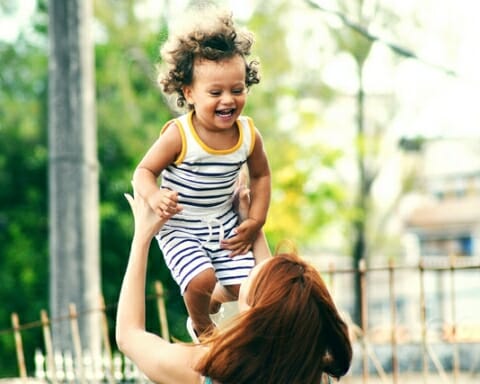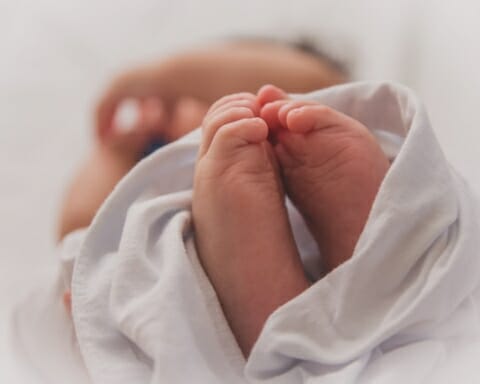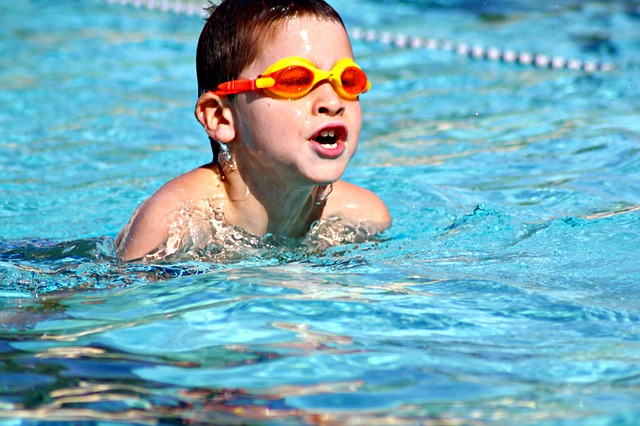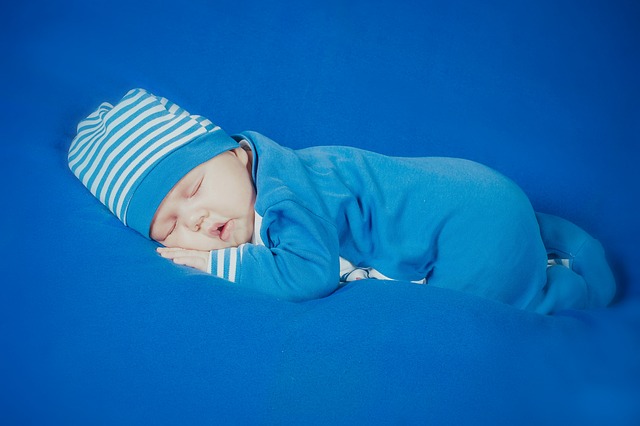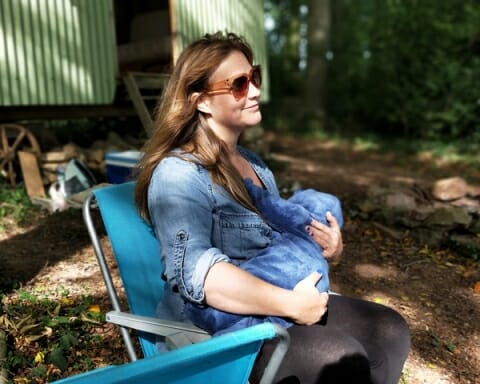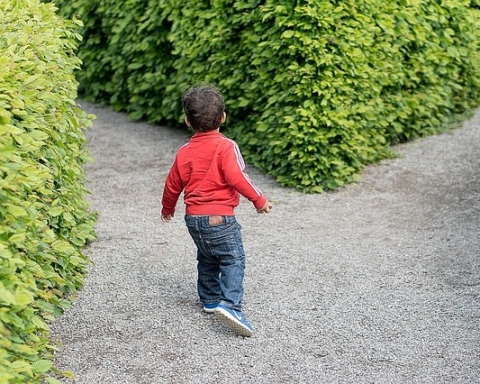One of the inevitable debates related to infant sleep is whether the baby should sleep in the parents’ bed or in a crib either in the parents’ room or in a nursery. Thus, positive parenting solutions to help babies rest and develop in a reassuring environment need to be identified. A little research and prudence can help parents make the best decision.
If you are looking for the best baby cribs in the market in 2023, you can check them out on Amazon following the link given below. #ad
Greenguard Gold Certified 4-in-1 Mini Convertible Crib And Changer in White (4.4 out of 5 stars from 1,275 global ratings)
Parents who prefer having their baby sleep in a separate bed or nursery usually think that since children have to be alone at some point in time, it is better to train them right from the start. This method instills healthy habits and discipline in babies and ensures that the whole family gets proper rest. On the other hand, parents who prefer co-sleeping arrangements believe that this arrangement is convenient and that it creates a sense of mutual security for both the baby and the parents.
SIDS (Sudden Infant Death Syndrome) and Its Possible Link with the Baby’s Sleeping Situation
There is a popular notion that co-sleeping may cause SIDS (sudden infant death syndrome); that is, it is believed that co-sleeping increases the risk that the baby may accidentally suffocate during sleep. However, research shows that this fear is irrational because parents tend to be extra vigilant when sharing a bed with their infant (unless they are under the influence of heavy medication, alcohol, or any opiate).
Rather, SIDS is often caused by an immature cardiac or respiratory system or a sudden drop in blood pressure. Indeed, the initial three months are critical in an infant’s life due to its neurodevelopmental vulnerability, so positive parenting solutions, such as having the baby sleep next to the parents, might help parents monitor their baby better.
Furthermore, research states that the long-term effects of isolation on an infant aren’t healthy at all: “It causes multiple systems to become dysregulated, slowing down growth. Infants cannot self-calm, and so distress wreaks havoc on their development.”
Co-sleeping
The Emotional, Physical, and Caregiving Benefits
In fact, having skin-to-skin contact with parents during sleep can help a newborn feel secure, and it may help it fall back to sleep easily after getting startled. Skin contact also facilitates the secretion of chemicals like opioid and oxytocin in the newborn, which helps develop the emotional side of the baby’s brain.
The warmth of the mother’s body also releases oxytocin and helps regulate the baby’s temperature during the winter.
More sleep was obtained when breastfeeding mothers slept with the newborn. —Researchers at East Tennessee State University
It’s also easier for the parents to respond to and console a startled, crying, and hungry baby when the baby is sleeping right next to them rather than in another room, especially if they need to care for the baby several times during the night. In fact, research that investigated the attitude of new parents toward sleeping arrangements found that “Despite not having contemplated cosleeping before the birth, new parents in our sample found it to be a convenient nighttime caregiving strategy and one which was practiced regularly.”
Challenges
Co-sleeping has its challenges as well. For instance, limited space in the bed and how frequently the baby wakes up may impact the parents’ sleep and rest. Babies and toddlers also tend to become overly dependent because they rely on their parents’ assistance to get back to sleep. Consequently, it is very hard for them to transition to a separate bed or room. They might habitually force their way back into the parents’ bed. The co-sleeping arrangement also seriously impacts the intimacy and privacy of couples. However, positive parenting solutions should benefit the parents as well as the child.
Conclusion: A Middle Ground
Each family develops a sleeping strategy and arrangement that suits its living situation and preferences. Some families may choose a middle ground between both approaches and either have the baby sleep in a crib in the same room or use a crib that attaches to the bed. In any case, parents should transition gradually from the bed to the crib and from the crib to the nursery. A gentle sleep training routine and positive parenting solutions will have long-term benefits on children’s emotional and physical health.
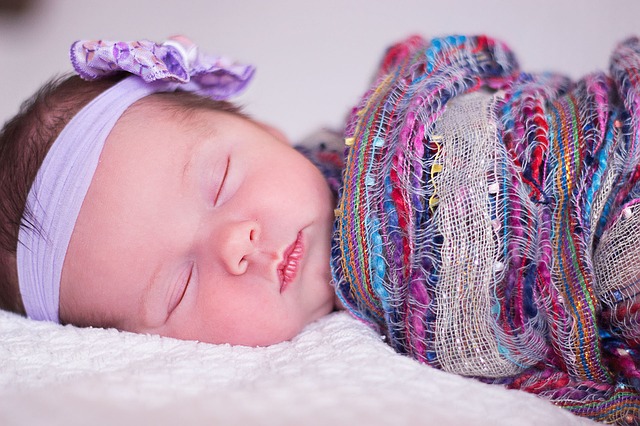
References
- Narvaez, Darcia. “The Ethics of Early Life Care: The harms of Sleep Training.” Clinical Lactation 4, no. 2 (2013): 66–70. Retrieved from https://bit.ly/2LrdDFv
- Quillin, I. M., and L. Lee Glenn. “Interaction between Feeding Method and Co‐sleeping on Maternal‐Newborn Sleep.” Journal of Obstetric, Gynecologic & Neonatal Nursing 33, no. 5 (2004): 580–588. Retrieved from https://www.sciencedirect.com
- Ball, Helen L., Elaine Hooker, and Peter J. Kelly. “Where Will the Baby Sleep? Attitudes and Practices of New and Experienced Parents Regarding Cosleeping with Their Newborn Infants.” American Anthropologist 101, no. 1 (1999): 143–151. Retrieved from http://onlinelibrary.wiley.com


